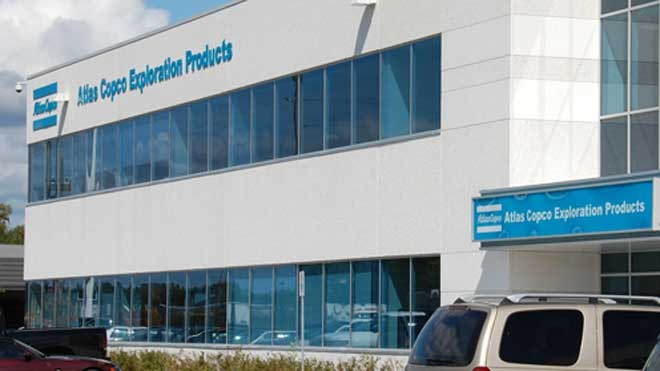A Toronto judge has ruled in favour of Atlas Copco Canada Inc. as the company tries to recover more than $22 million lost in a high-profile pension and benefit fraud scheme that ran for several years.
But in ruling in the company's favour, the judge encouraged both sides in the case to take a “realistic view” of how much the company can feasibly expect to recover.
At issue was whether the verdict and accepted facts from the criminal trial can be used for a civil suit without the defence raising objections and challenging the information.
The defendant, Dirk Johannes Plate, was one of two men convicted in the fraud scheme in June 2016. He was sentenced to five years in jail, while co-defendant Paul Armand Caron received a 6-½-year sentence. A third man, Leo Caron (no relation to Paul) pleaded guilty before the trial and was sentenced to five years.
Plate joined the scheme in 2001, after it had been running since sometime in the 1990s. He was apparently unhappy with the company's pension plan and received illegal payouts. At the end of the criminal trial, Plate was ordered to surrender the $1.44 million in annuities he fraudulently received – which has been done – as well as $77,930 in two cheques he received illegally from Paul Caron.
While Plate wasn't central to the fraud scheme, he was in a position to stop it. Instead, he benefited from it, the court documents show.
Lawyers for Atlas Copco sought a summary judgment against Plate, arguing there was no need for a trial because the facts had already been laid out in the 10-week trial in 2016. They want him liable for $20 million of the $22 million they are still trying to recover.
Plate's lawyer argued that his client should be allowed to contest all the decisions made during the trial to show his client had a lesser role in the scheme and shouldn't be liable for the missing $22 million.
Atlas Copco relied on a legal principle called abuse of process, which prevents lawyers in civil cases from retrying the facts already accepted as fact in criminal trials. The judge in this case had to rule whether allowing the defence to question the conclusions from the criminal trial would both waste valuable court time and unnecessarily undermine the credibility of the justice system.
Plate's lawyer argued that his client has already made restitution, that he was a “passive” participant in the scheme and that the jury in the criminal trial didn't make any conclusions that he was linked to the $22 million in total losses.
But the judge hearing Atlas Copco's motion ruled that however inactive Plate was, the trial showed he knew about the scheme, was in a position to stop it but allowed it to continue, and he benefited financially from the fraud.
“The damages continued to accrue and he continued to do nothing to stop the scheme despite having the knowledge and the duty to do so,” the judge wrote. “The amount of the damages attributed to the breach of fiduciary duty is, in my view, all of the damages arising from the fraudulent scheme that he failed in his duty to put an end to.”
While dismissing some of the claims in the Atlas Copco court filing, the judge ruled the facts from the criminal trial will be accepted and can't be retried in a civil case. They're entitled to the $20-million judgment, but any money they recover from others convicted in the case must be deducted from that amount.
He gave Altas Copco 60 days to give Plate's lawyer an outline of costs they are trying to recover, but urged both side to be reasonable.
“The parties are STRONGLY encouraged to be pragmatic here and to use some of that initial 60-day period to agree on simple numbers for costs and interest instead of trying to shave each other to the nearest penny,” the judge wrote. “Thick pencils will be much more cost-effective than sharp ones. I suspect both sides by now have a very realistic view of how little or much of any judgment will ever likely be able to be satisfied and can calibrate the utility of their future efforts accordingly.”




